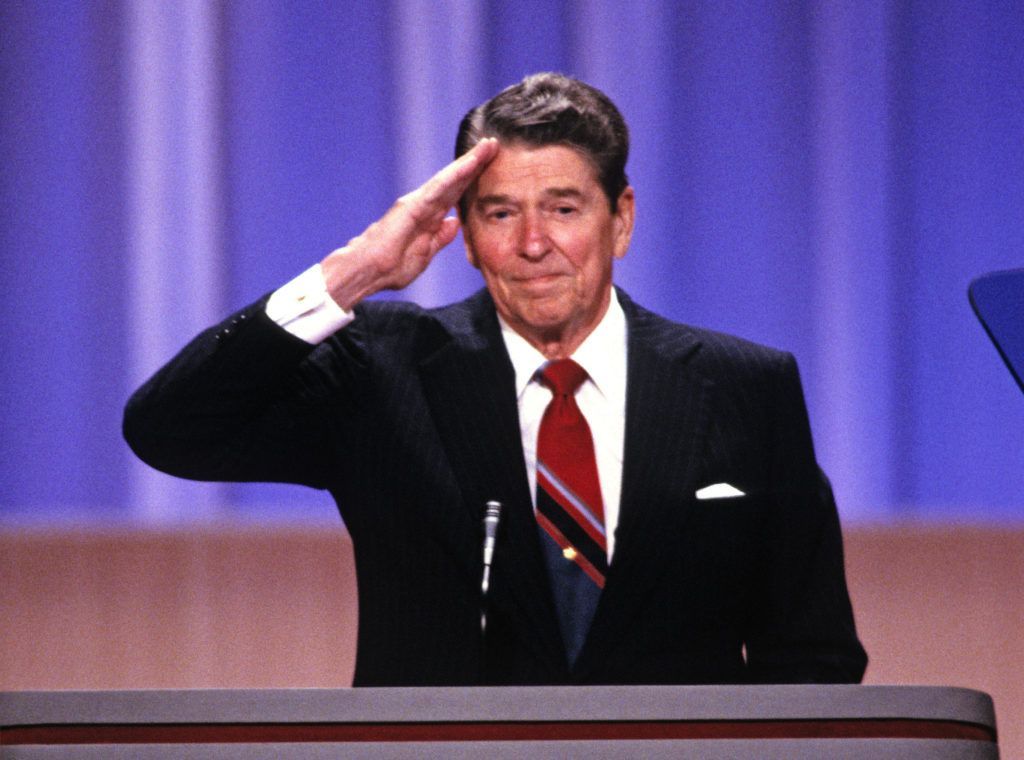Credit: Richard B. Levine/PA Images
Some years ago I published a book about the Second World War1. The fact that I have not been a camp guard (or inmate), a commando, bomber pilot, or general was never important, any more than it is to Mary Beard, who is not ranked among Roman emperors.
I mention this by way of discussing businessmen entering politics. In keeping with a pervasive delusion of our time, only those with ‘experience of the real world’ should be in politics. Quite why ‘experience’ should then be reduced to that of the private sector is mysterious, for surely experience as a nurse, teacher, or on the dole or in jail, counts as ‘real’ too. In 2012, Mitt Romney even suggested that private sector business experience should become mandatory, though his background at Bain Capital downsizing workforces ultimately did not ensure his candidacy.
The election of Donald Trump and the resurgence of tycoon Silvio Berlusconi as the kingmaker of Italian politics obviously lend this subject topicality – as does the reverse case of someone like former German chancellor Gerhard Schröder, who has elicited much adverse comment for joining the board of EU sanctioned Rosneft, the Russian oil company. The examples of Tony Blair and Peter Mandelson spring readily to mind here, too.
When businessmen venture into politics, there are many potential conflicts of interest. The upper chamber of the Indian parliament, the Rayja Sabah, provides scandalous examples of big businessmen – all keen to slash red tape – who develop corrupt relations with civil servants and tamper with legislation to benefit their commercial interests, something their more sophisticated western equivalents do through paid lobbyists2.
In reality, Berlusconi and Trump are so aberrant as to be untypical. One was convicted of tax fraud in 2013 (escaping jail in Italy because he is over 70), the other would have been fired long ago had he acted as a CEO of a public company as he has behaved as candidate and president3. Both were property magnates who successfully parlayed celebrity into running for office. Berlusconi controlled large parts of TV media (and the newspaper Il Giornale), not to mention AC Milan, whose supporters club became the template for his party, Forza Italia. The casino and hotel-owning Trump used The Apprentice to transform himself into a global brand, which largely involves licensing his name on buildings4.
Most Americans or Italians were only familiar with their billionaire lifestyles through magazines and television. Apart from their success in building businesses empires, it would be impossible to confuse them with the bossy and sanctimonious professional middle classes, which was a plus point for many who voted for them. They like avoiding paying taxes, too, not to mention attending ‘bunga-bunga’ parties with girls called Ruby the Heartbreaker5.








Join the discussion
Join like minded readers that support our journalism by becoming a paid subscriber
To join the discussion in the comments, become a paid subscriber.
Join like minded readers that support our journalism, read unlimited articles and enjoy other subscriber-only benefits.
Subscribe